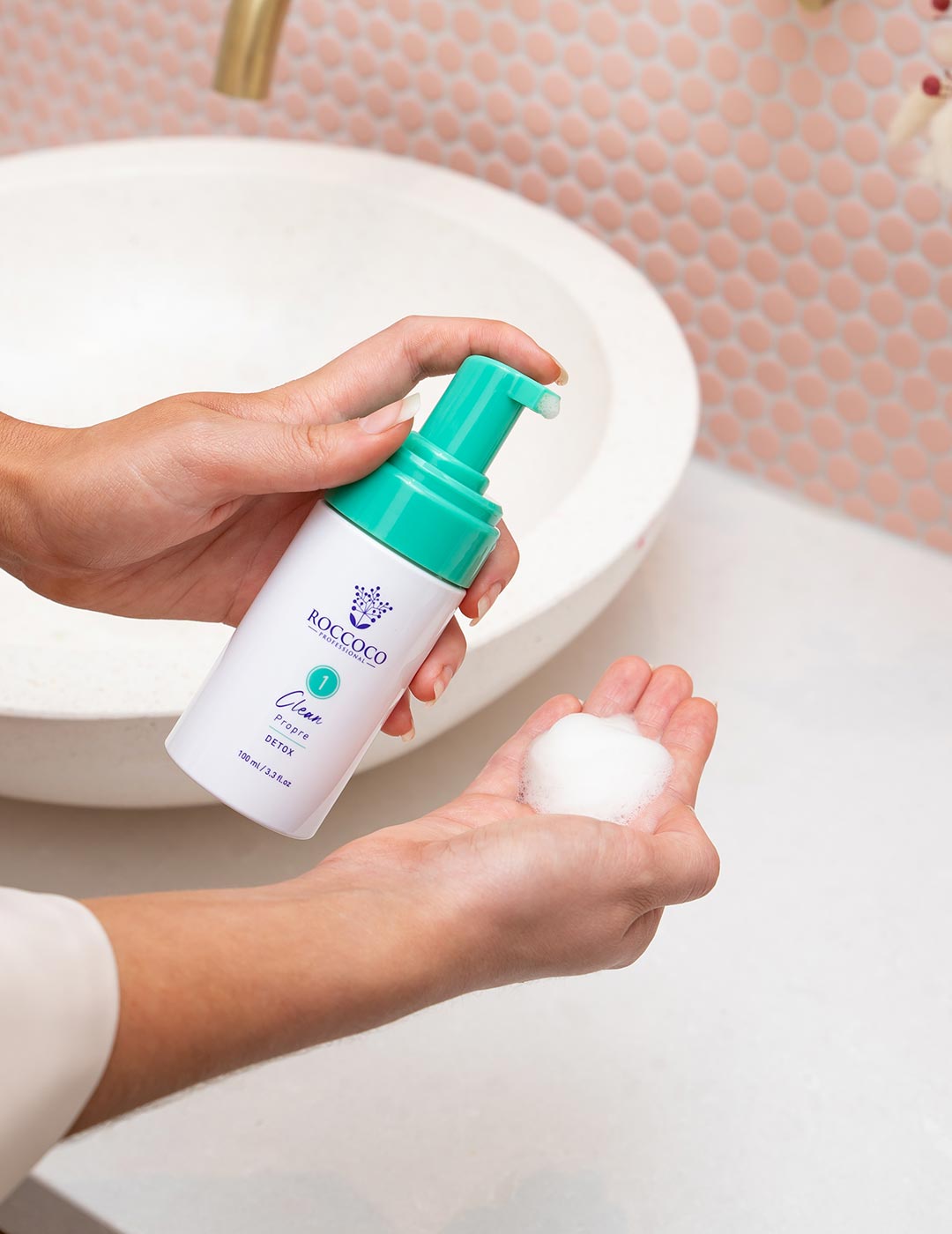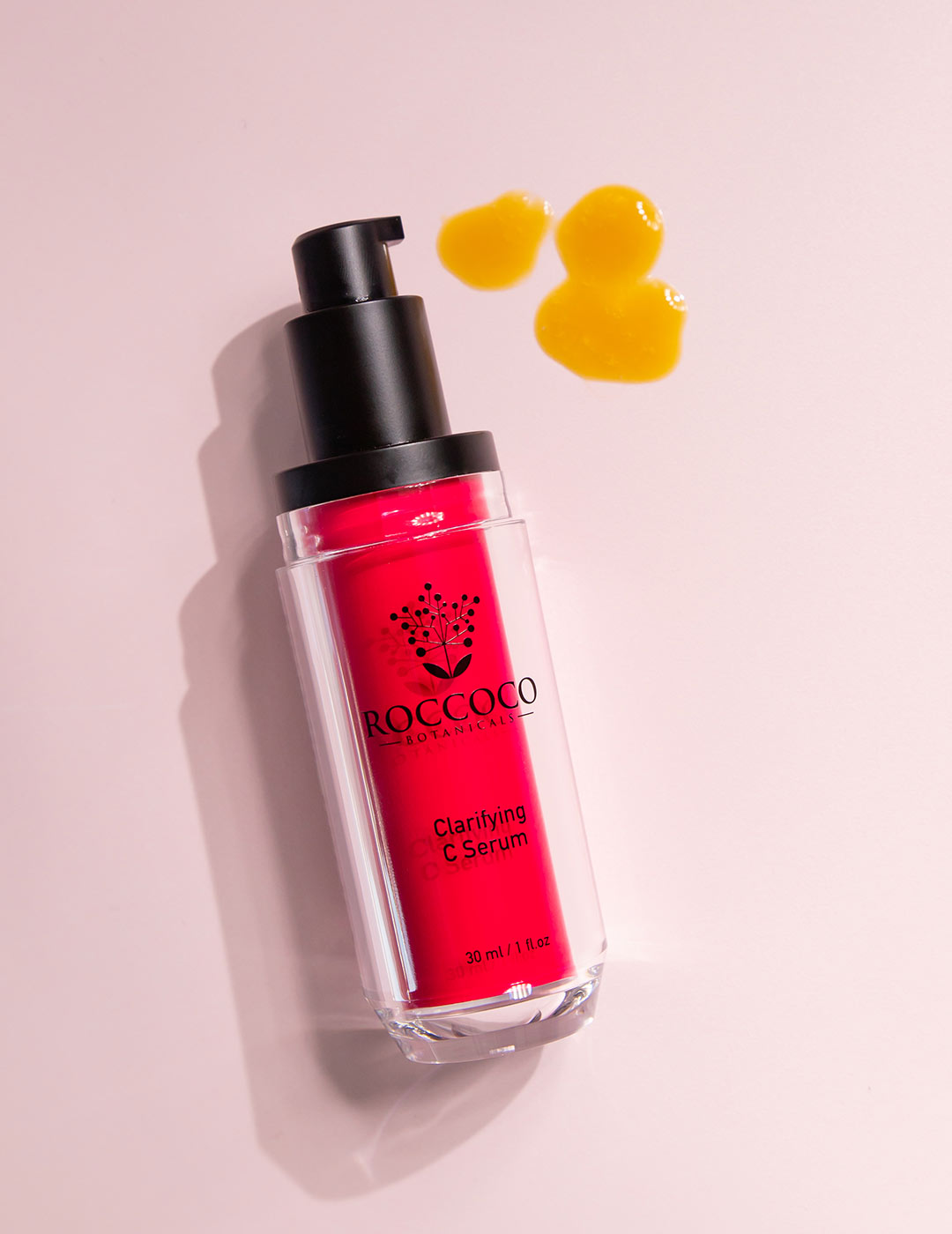What is Psoriasis
Psoriasis is a skin condition characterised by an abnormally hastened turnover of skin cells that produces rough, scaly patches of thickened skin.
Psoriasis is different from other skin conditions, such as eczema, but first, let's look at how the skin works to protect us and what can happen when things don't work as they should.
The formation of the skin's lipid barrier
The skin is perpetually on the move forming the skin's lipid barrier providing waterproofing for the skin and protecting us from the environment, airborne pathogens, and water loss.
Living skin cells known as keratinocytes migrate through the epidermis to the skin's outermost layer, where they transition to corneocytes forming an interlocking layer of dead skin cells and, together with the formation of lipids, create the skin's protective lipid barrier.
Much of the protective lipid barrier is provided by an extremely tough and resilient structure known as the cornified cell envelope, consisting of protein and lipids.
Recent studies have shown that several skin diseases have impaired epidermal barrier function, such as eczema, ichthyosis, and psoriasis.
These skin conditions are characterised as dry, scaly skin diseases resulting from genetic defects in the synthesis of the cornified protein envelope or the defective metabolism of skin lipids.
How to differentiate eczema and psoriasis
Sometimes, as with the skin condition psoriasis, skin cells move too quickly through the epidermis, resulting in incomplete and impaired skin barrier function, resulting in inflamed, coarse, and thickened white patches of built-up dead skin cells.
Both psoriasis and eczema can present with similar dry red, itchy, inflamed skin symptoms, and it can be confusing to know the difference between eczema and psoriasis.
Unlike psoriasis, eczema, also referred to as atopic dermatitis, can be characterised as dry skin with generalised redness and irritation that can become itchy and raw.
However, the red and dry patches caused by psoriasis are raised and have a silvery or scaly appearance and appear anywhere on the body, including the scalp.
People who suffer from psoriasis describe the itching as mild, sometimes with a burning or stinging sensation. On the other hand, eczema causes intense itching, and eczema sufferers may scratch so much that the skin bleeds.
Protecting an impaired protective skin barrier
Protecting and repairing the skin's protective skin barrier will minimise the triggers that exacerbate psoriasis.
The skin's barrier can be restored with ceramides, lipids, and proteins to improve how the skin copes with microbial pathogens, environmental stress and water loss.
Ingredients such as glycerine, sunflower oil, pomegranate sterols, and specialised sugar molecules can give the skin the necessary protective barrier to minimise psoriasis symptoms.
Roccoco Botanicals Intense CPR
An intensely hydrating moisturiser soothes and restores the skin's health by relieving the inflammation that leads to dry, irritated, sore skin.
Why do we think it's so special?
Our Intense CPR acts as a natural steroid by suppressing the inflammation response, rapidly calming the skin, and reducing inflammation as it hydrates the skin and prevents moisture loss. The skin is left soft, calm, and relieved within minutes of application.
Roccoco Botanicals CPR Calm, Protect, Revive.
Our CPR Cream is an ultra-hydrating body moisturiser with a unique formula containing sugar molecules and ceramides that bind to the amino acids in the uppermost layer of the skin.
Why do we think it's so special?
CPR Calm stimulates the genes involved in skin barrier improvement by upregulating the essential protein filaggrin and naturally forming hyaluronic acid to improve the skin's natural moisturising factors.
We're here to help
Psoriasis can be distressing, but there are skincare solutions that can help relieve the symptoms. If you'd like to know more about the best way to manage your psoriasis, you can contact us or book a skin consultation here.
Read more

Retinol pretty much does it all. Improves skin texture, eases the symptoms of acne, speeds up cell renewal, reduces the visible signs of ageing, and reduces blotchy pigmentation. Unfortunately tho...

You can think of the biofilm as a sticky coating around a toffee apple. Unless you can get beyond that sticky toffee, that big juicy apple is impervious to your attempts to eat it. Unfortunately, ...



